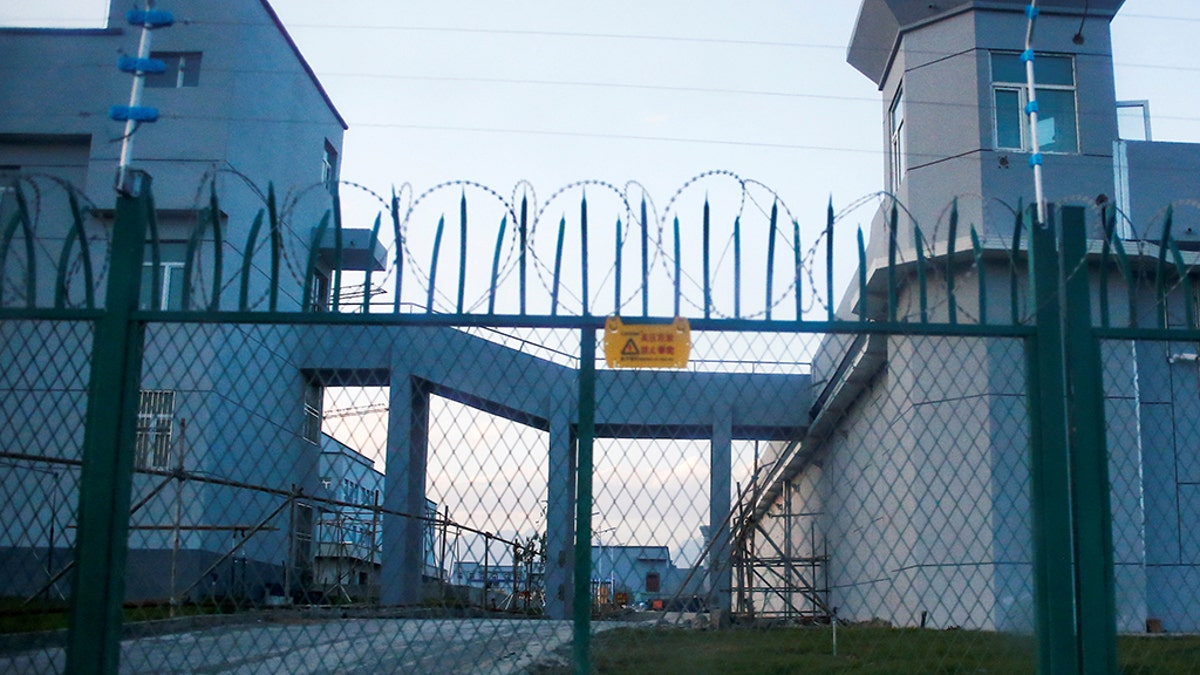Did China lie about coronavirus in order to hoard medical supplies?
DHS report accuses China of lying about coronavirus to hoard supplies; reaction from foreign affairs journalist Gordon Chang.
Get all the latest news on coronavirus and more delivered daily to your inbox. Sign up here.
In the past several years, China has thrown an estimated 1 million minority Uyghurs into concentration camps without any legal process, according to the United Nations.
The Uyghurs largely come from China’s far-western Xinjiang region, of which they account for about 60 percent of the total population.
China has long denied these allegations, claiming that the camps are mere vocational training centers providing job and language skills to the Uyghurs.

A perimeter fence is constructed around what is officially known as a vocational skills education centre in Dabancheng in Xinjiang Uighur Autonomous Region, China September 4, 2018.
But despite these assertions, the United States has led multiple countries in condemning China’s human rights abuses.
As of May 2020, U.S. lawmakers have introduced two bills intended to put sanctions on companies and individuals associated with forced labor in these concentration camps.
In December, the U.S. Senate passed the Uyghur Human Rights Policy Act of 2019. Introduced by Sen. Marco Rubio, R-Fla., the bill aims to condemn gross human rights violations of Uyghurs and calls for an end to “arbitrary detention, torture, and harassment of these communities inside and outside China.”
Several months later Rubio and Rep. Jim McGovern, D-Mass., introduced another bill, the Uyghur Forced Labor Prevention Act, which aims to prevent goods made from forced labor in China from reaching the U.S.
The latter bill, citing reports from the Wall Street Journal and New York Times, listed multiple international corporations that are suspected of “directly employing forced labor or sourcing from suppliers that are suspected of using forced labor.”
For now, the bills have stalled as the United States – like many other nations – remain focused on coordinating a response to the coronavirus pandemic, which originated in the Chinese city of Wuhan.
CLICK HERE TO GET THE FOX NEWS APP
“There are some members of Congress that are very focused on this issue and have been unrelenting,” Amy Lehr, director of the Human Rights Initiative at the Center for Strategic and International Studies, told Frontline last month. “Relatively speaking, the U.S. government has done more than some other governments. It’s just a hard issue to make progress on.”












































